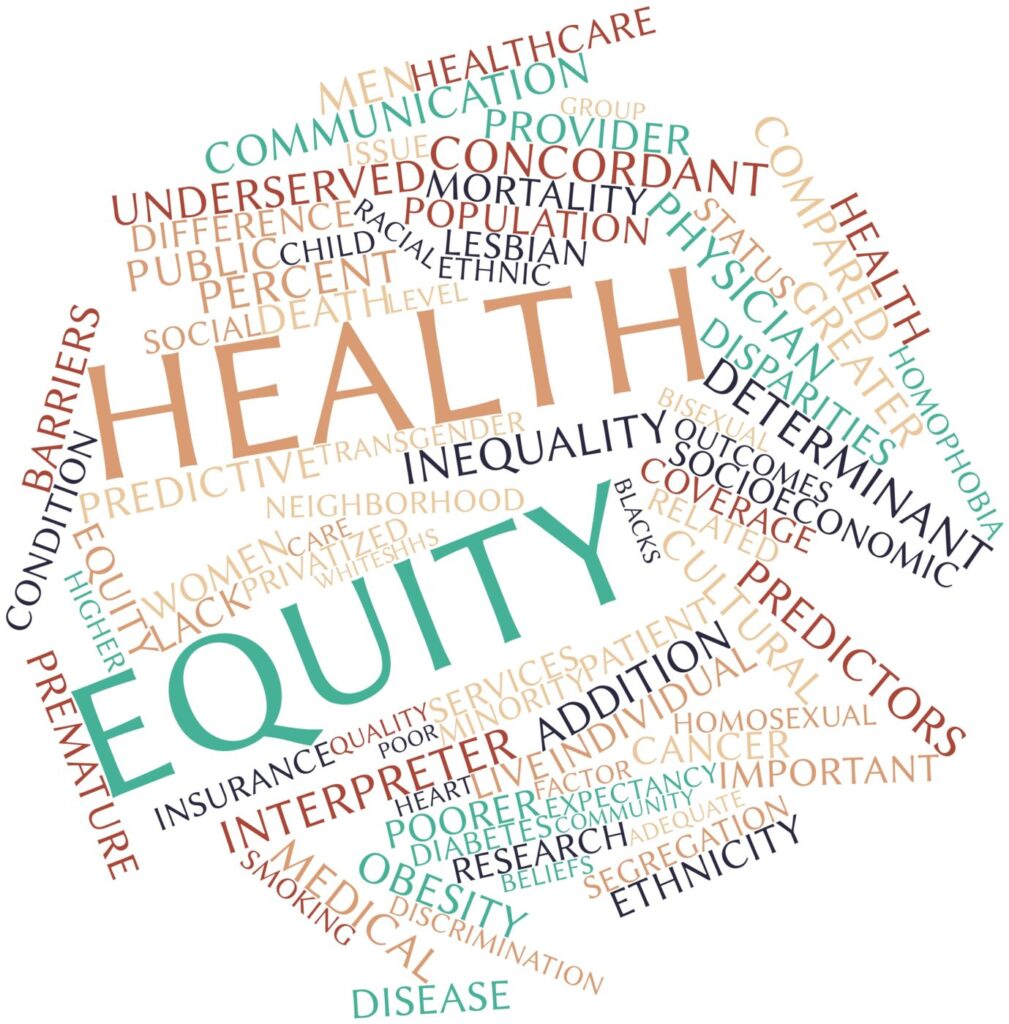Cardiovascular and cardiometabolic diseases are leading causes of death in the United States, affecting people of all races and ethnicities. However, minority populations, including African Americans, Hispanics, and Native Americans, are at higher risk of developing these conditions compared to non-Hispanic whites. Racial disparities in cardiovascular and cardiometabolic disease risk factors have been well documented in the United States, and a recent study published in JAMA Network Open has shed further light on this issue.
The Study:
The study analyzed data from 16,372 individuals who participated in the National Health and Nutrition Examination Survey (NHANES) from 2011 to 2018. The researchers found that, compared to non-Hispanic whites, African Americans and Hispanics were more likely to have several risk factors for cardiovascular and cardiometabolic diseases, including obesity, hypertension, and diabetes. Native Americans had the highest prevalence of smoking, which is also a risk factor for these diseases.
The study also found that disparities in risk factors persisted even after adjusting for socioeconomic factors such as education, income, and insurance coverage. This suggests that systemic factors such as discrimination, bias, and social determinants of health are contributing to these disparities.
What Can Be Done:
The study’s findings highlight the urgent need for improved efforts to address racial disparities in cardiovascular and cardiometabolic disease risk factors. This can include increased access to healthcare, targeted public health campaigns, and policies to address social determinants of health such as housing, education, and employment.
Healthcare providers can also play a crucial role in addressing these disparities. Providers should be aware of the increased risk of these diseases among minority populations and provide culturally appropriate care that takes into account the unique needs and experiences of their patients. This can include providing patient education and counseling, regular screenings, and early intervention for risk factors such as obesity, hypertension, and diabetes.
Conclusion:
Racial disparities in cardiovascular and cardiometabolic disease risk factors are a pressing public health issue that requires urgent attention. Healthcare providers, public health officials, and policymakers must work together to address these disparities and improve the health of minority populations. By taking a comprehensive and culturally sensitive approach, we can reduce the incidence of these diseases and improve the health outcomes of all Americans, regardless of their race or ethnicity.



